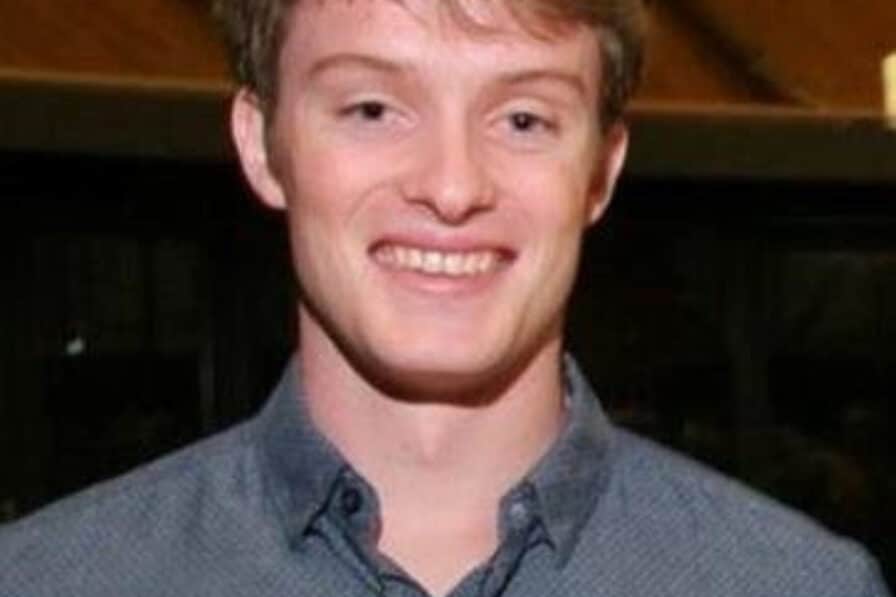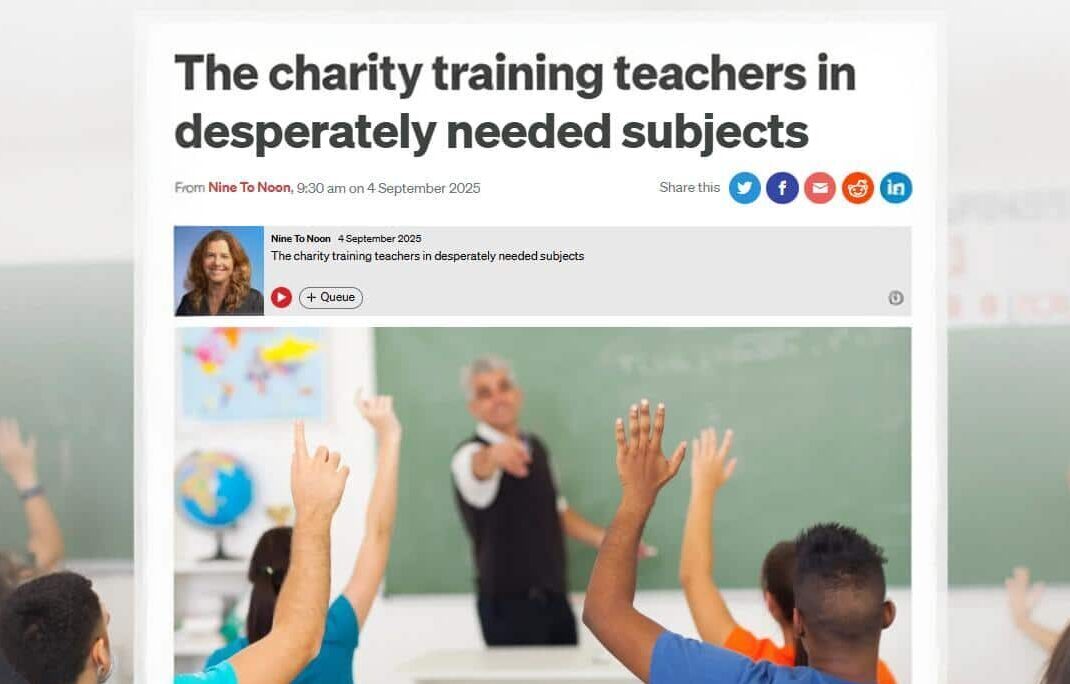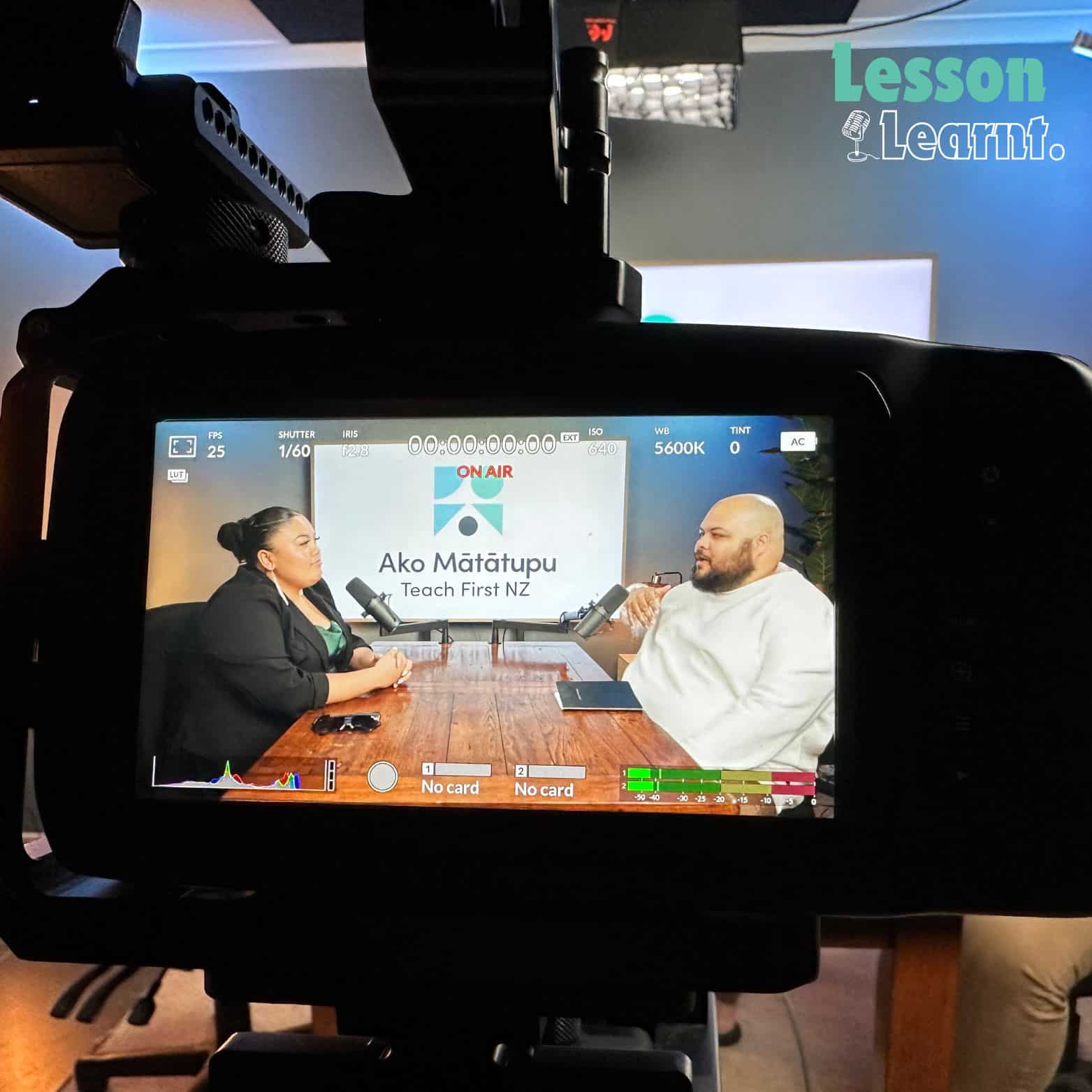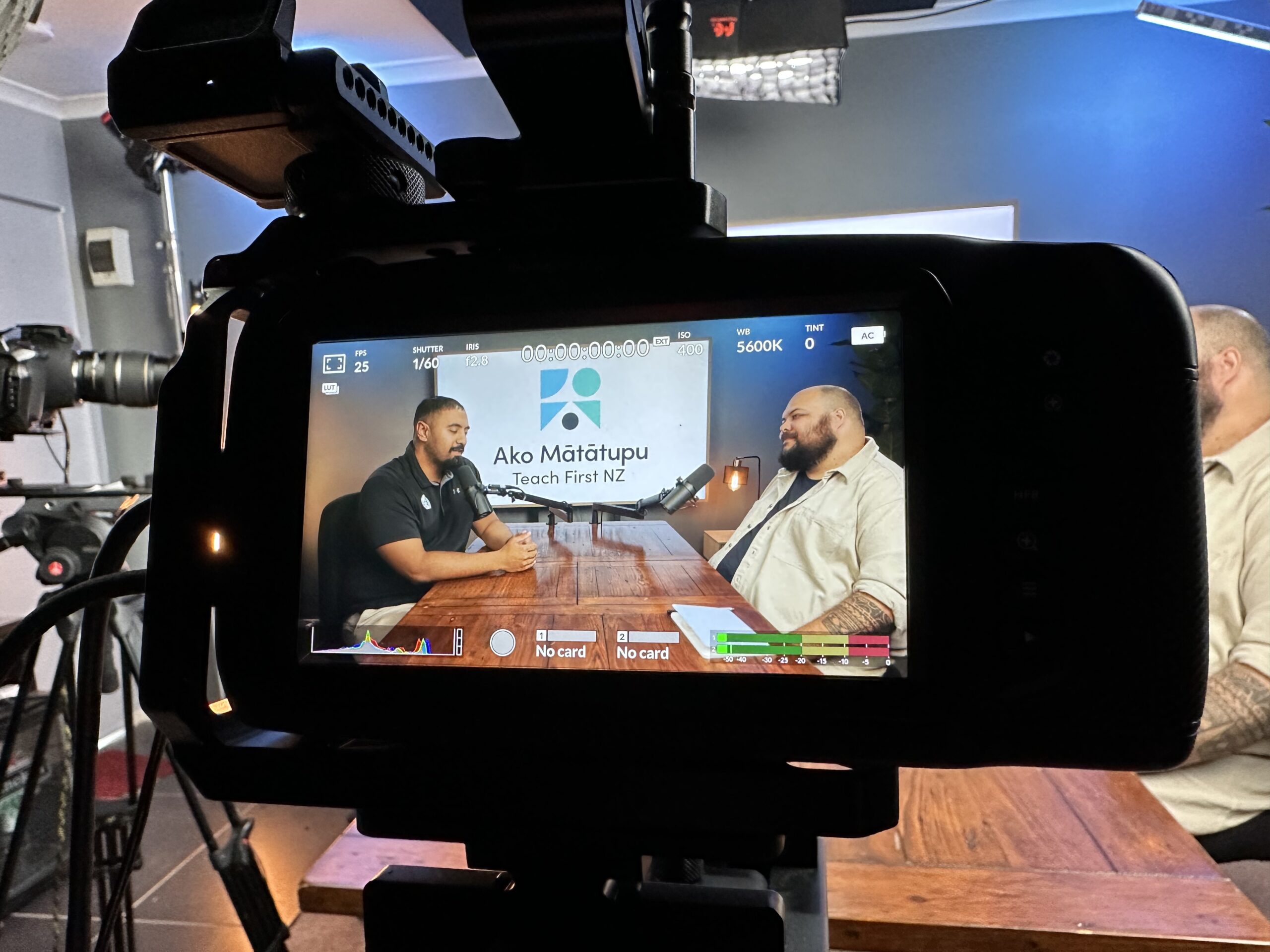Tāmaki-ki-te-Tonga (South Auckland) PPTA Coordinator, compelling chemistry teacher and education scholar, Kieran Gainsford started out his Ako Mātātupu journey in Cohort 2017. In this interview Kieran shares with us what’s on his mind and where he’s putting his efforts when it comes to educational inequality:
Kia ora Kieran, Happy New Year! Let us know – what will be your biggest project/pursuit this year, and how has it come about?
I am fortunate enough to have been awarded a Secondary Teachers’ Study Award for this year, and I am looking forward to using this time to complete a Masters thesis. My research topic arose out of an uneasiness I have with the way we approach curriculum in Aotearoa. Our National Curriculum leaves so much up to schools when it comes to curriculum decision making. There is an argument that this is a good thing; that it allows for equity and responsiveness in teaching by enabling a curriculum that is locally relevant to schools and communities. On the other hand, this approach allows for arbitrary curriculum decisions that can limit students’ access to powerful knowledge. This academic knowledge can be empowering both in the sense that it opens up access to many career pathways for our students and – more importantly for our society, I think – it also gives students the intellectual tools to participate fully in a modern, cohesive democracy. It enables informed, critical democratic participation while also leaving space for people to embrace their multiple identities. My thesis will therefore explore what teachers in my subject of chemistry do and think about when making curriculum – as opposed to pedagogical – decisions. This is relevant in a policy environment where they have so much freedom to choose what they teach. I will be speaking to teachers in different types of schools such as 21st-century learning schools, ‘traditional’ schools, and schools that pride themselves on providing a culturally responsive curriculum. I hope to uncover the political and sociological factors that influence chemistry teachers’ curriculum design decisions with a view to theorising a more equitable and powerful chemistry curriculum for young people in Aotearoa.
What have you noticed or been thinking about recently when it comes to educational inequality?
I suppose I have covered this above regarding my Masters research. One thing I would add is that we need to be a bit more critical when somebody – be it a school leader, colleague, politician, policymaker or academic – tells us that something will be more equitable for the students in our care. Equity in education is not an easy fix. A good example is a recent debate I have seen in Australia and, to a lesser extent, in New Zealand about credentials required for entry to university. One argument is that we should adopt a more ‘holistic’ measure than simple academic performance, incorporating cultural, sporting, leadership and personal accomplishments into a more comprehensive Record of Achievement. On its face this sounds appealing, until we think critically about whose interests it will serve, which will of course be those middle class students whose families can afford to provide the experiences and ‘achievements’ deemed to be important. It is similar with inquiry learning approaches, at least in science. They are often presented as an equitable initiative as they supposedly increase engagement and agency. However, the empirical evidence suggests that at best they have no effect on student achievement and, at worst, can be detrimental for the most disadvantaged students. My point here is not that we must simply accept the inequality status quo, but that solutions to it lie beyond simple quick fixes and, if we are being honest, beyond the school gate as well. Serious action aimed at addressing educational inequality will necessarily do the bulk of its work in the broader political arena and not just in schools.
Do you have any tips for teachers/leaders?
My short experience in schools tells me that the most important thing we can do is listen to and value the expertise of our colleagues. For newer teachers, this means seeking out the wisdom of our more experienced colleagues when things get tough. We are all taught about this at the beginning of our teaching journey! However, I think these relationships are just as important for leaders in schools. So much about the success of a school depends on goodwill and buy-in from staff. Ensuring that there is genuine input from staff – rather than simply ticking the ‘consultation’ box – results in more durable and effective changes to teachers’ collective practice. I think that this means starting by asking teaching staff what they believe problems exist in the school and how they can be solved. Too often an in-school intervention is just one person’s bright idea. Without wanting to criticise good ideas, these often end up as a bit of a flop because nobody else believes in them from the beginning. If we want schools to be more effective, then the first step is to make them genuinely collaborative and positive places to work.
What do you wish more people were reading/listening to/critiquing?
There is just so much educational research out there that we don’t get to see as classroom teachers. Even if you are not particularly excited by the ongoing debates about curriculum, there is so much that can have a positive impact on your teaching practice. Cognitive science research in particular is taking off. It has an abundance of insights that can help us with the coherence of our planning, sequencing of teaching, assessment, and learning activities in our classrooms. Collectively I think we are sometimes a bit too reliant on our ‘folk knowledge’ about what works in the classroom. Subjecting what we do to the findings of research can be a refreshing and empowering way to develop as professionals.
One of the obvious reasons that teachers do not see much of this research is time. We are so busy, and our professional development is often so directed by our schools that we have little space to interrogate our own professional learning needs and to explore the vast universe of academic knowledge about both education and our subject disciplines. However, I think another issue is access. Many teachers have no access to academic journals, and I think an excellent spend of some of the education professional development budget would be for all state school teachers to have access to a university library subscription. Any quality research about education is worth a teacher’s time reading!



